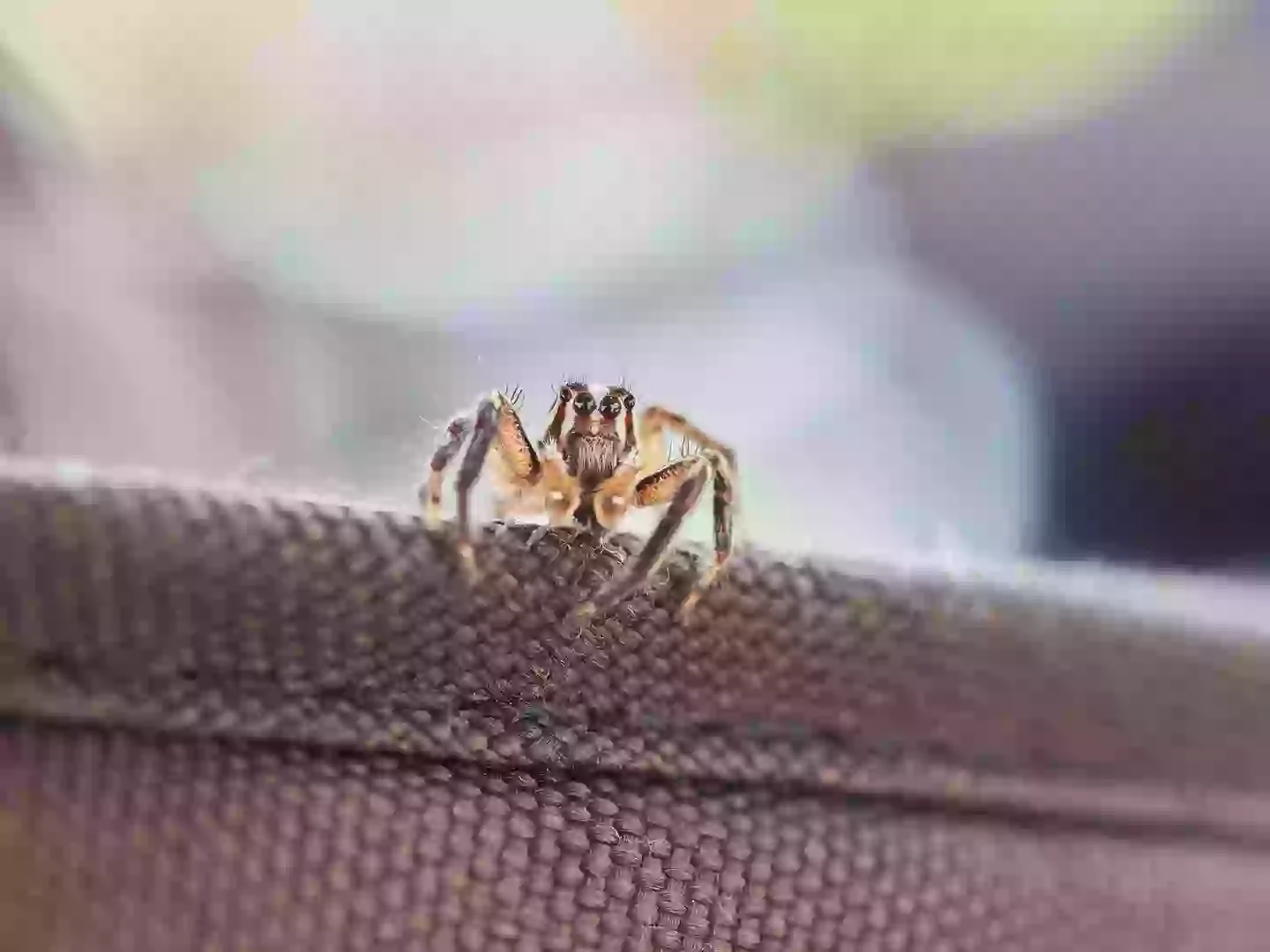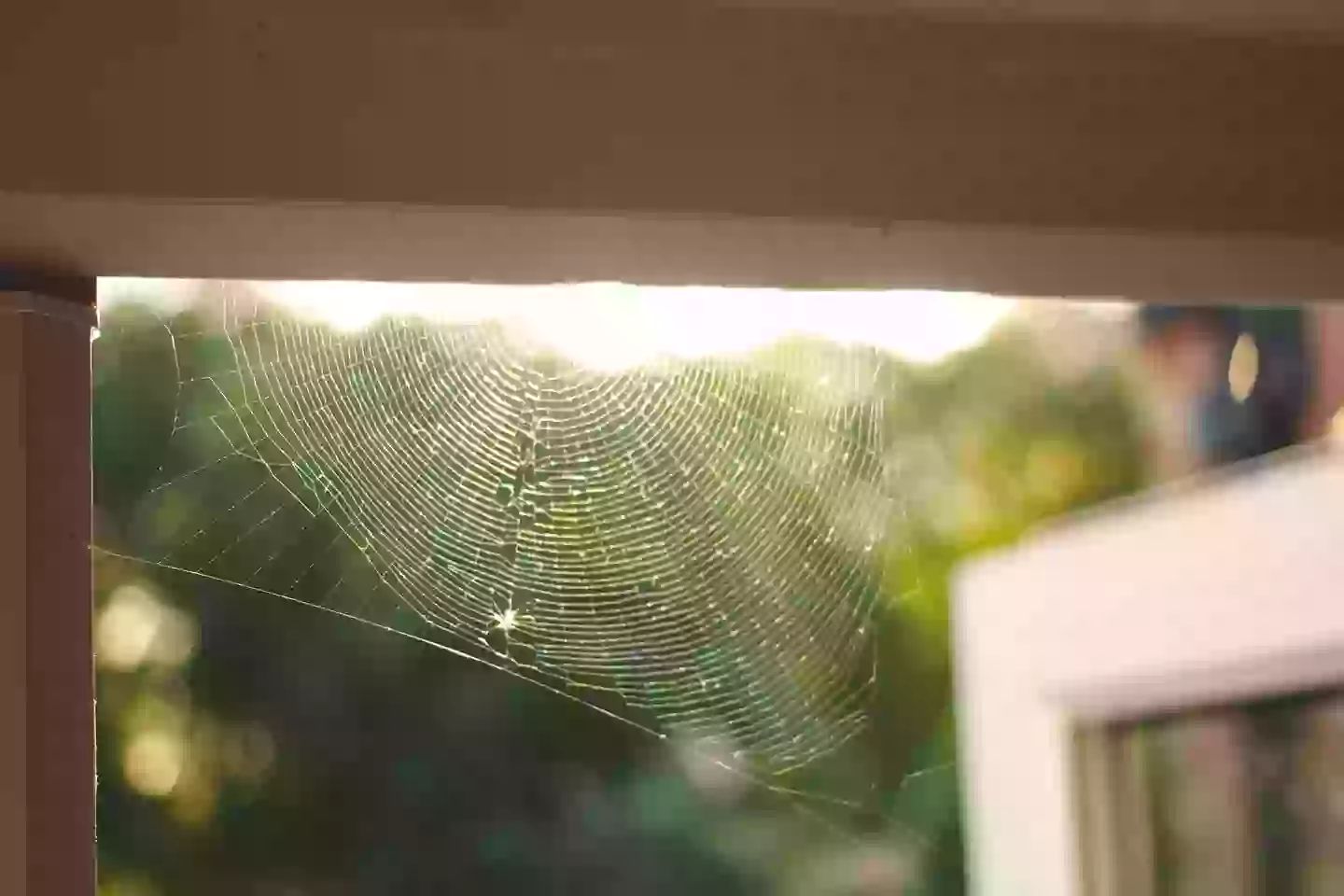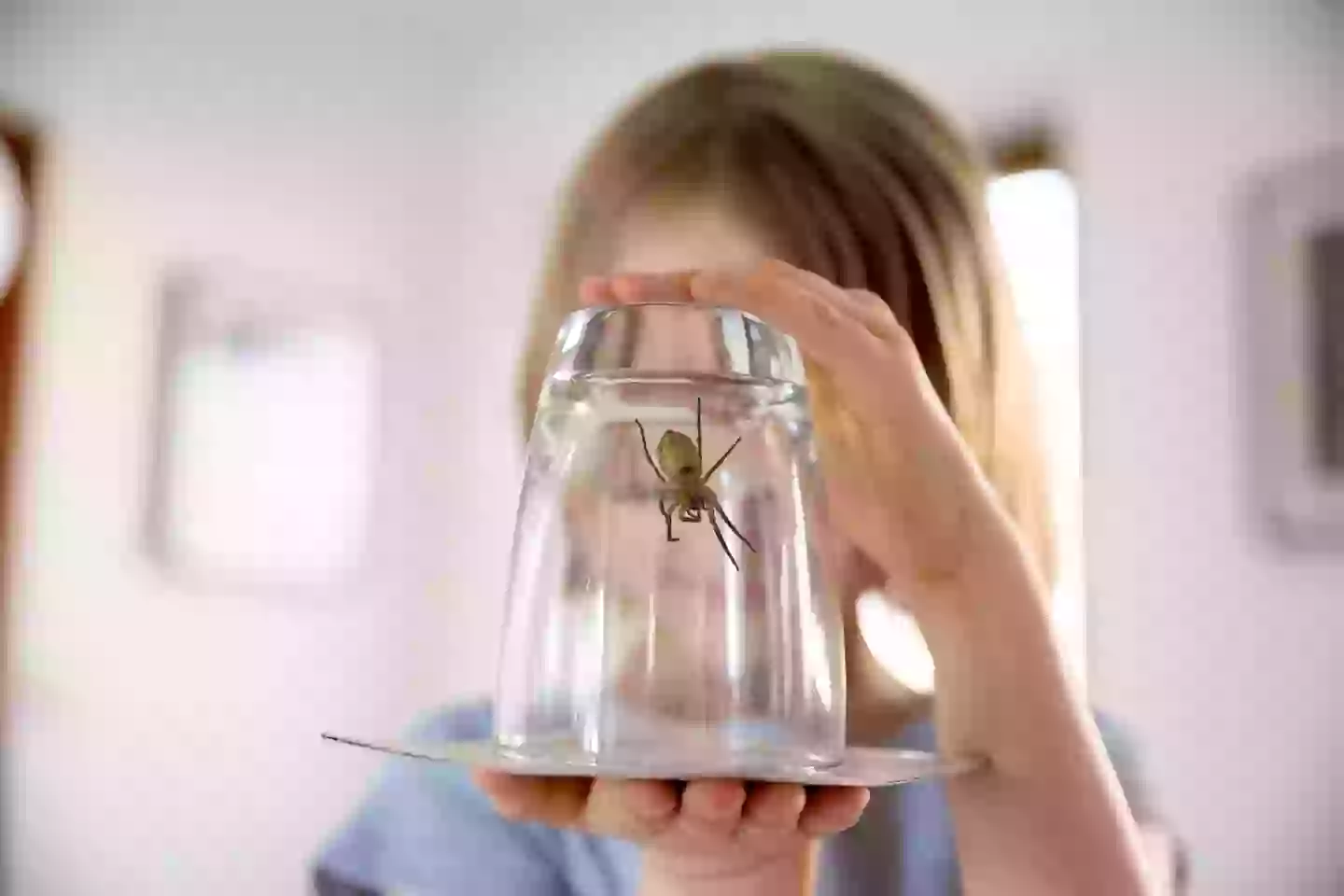If a spider has overstayed its welcome in your home, you might be thinking about getting rid of it.
In the United States, it’s estimated that three to 15 percent of people suffer from arachnophobia, an intense fear of spiders.
According to the Cleveland Clinic, this fear may appear logical, but it is often irrational since the intensity of your fear typically does not correspond to the actual threat involved.
However, when faced with a large eight-legged creature occupying the hallway and approaching the bedroom just as you’re about to sleep, rational thought often disappears for many of us.
Your immediate response might be to throw a shoe at the uninvited guest or vacuum it up as you hurry to eliminate the perceived threat.
Nonetheless, there is a compelling reason to reconsider squashing any spiders you find in your house.

The primary reason is that spiders are carnivorous, not for human meat, which might be a relief, but for insects.
They actually feast on bugs that reside in our homes by catching them in their webs. This helps maintain a peaceful environment by reducing buzzing and insect remains, and scientists emphasize that spiders’ diet plays a crucial role in our ecosystem.
While eliminating a spider might offer temporary relief, experts suggest that you may have to deal with a surge of other insects, like mosquitoes, which can carry diseases, if you eliminate these natural pest controllers.

Spiders also prey on other spiders, meaning that you might end up with even more moving in after you get rid of one.
Typically, most homes host spiders; in the US, an average house may have 61 spiders, and possibly more during the fall when it becomes colder outside and it’s spider mating season.
Fortunately, they tend to hide in secluded areas of our homes, such as bookshelves, the cupboard under the stairs, basements, and garages, where they are less likely to be disturbed.
If you do come across one, it will likely scurry away to its hiding spot.
Moreover, spiders actually fear humans, and some studies suggest that past interactions with humans can influence their behavior.

Consider, for instance, those who keep tarantulas as pets; these spiders can ‘learn’ that humans are friendly.
It’s also quite rare for a spider to actually bite a human, and even though most spiders are venomous, their venom is generally too weak to significantly affect humans, and their fangs are often not strong enough to penetrate human skin.
In reality, spiders are small and defenseless creatures, with the exception of the black widow and recluse species, whose venom can be harmful.
Fortunately, these dangerous spiders are rare, but if you encounter one, it’s best to call professional pest control.
When viewed this way, everyday household spiders don’t seem quite as intimidating, do they?
And if removing them is necessary, the traditional glass and paper method works effectively.

